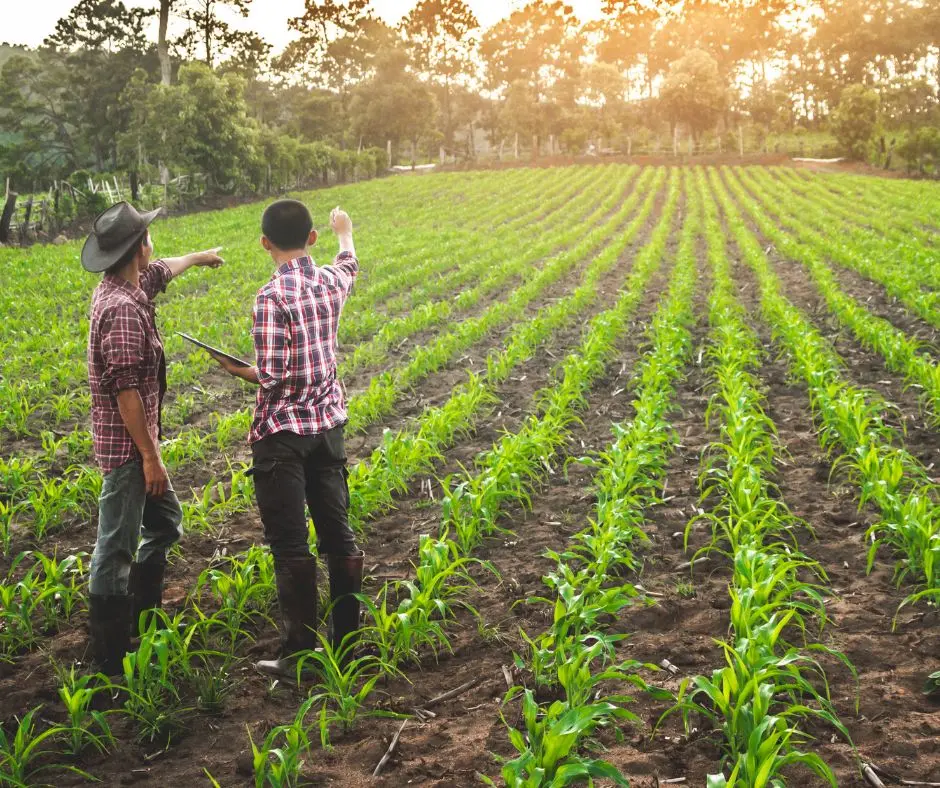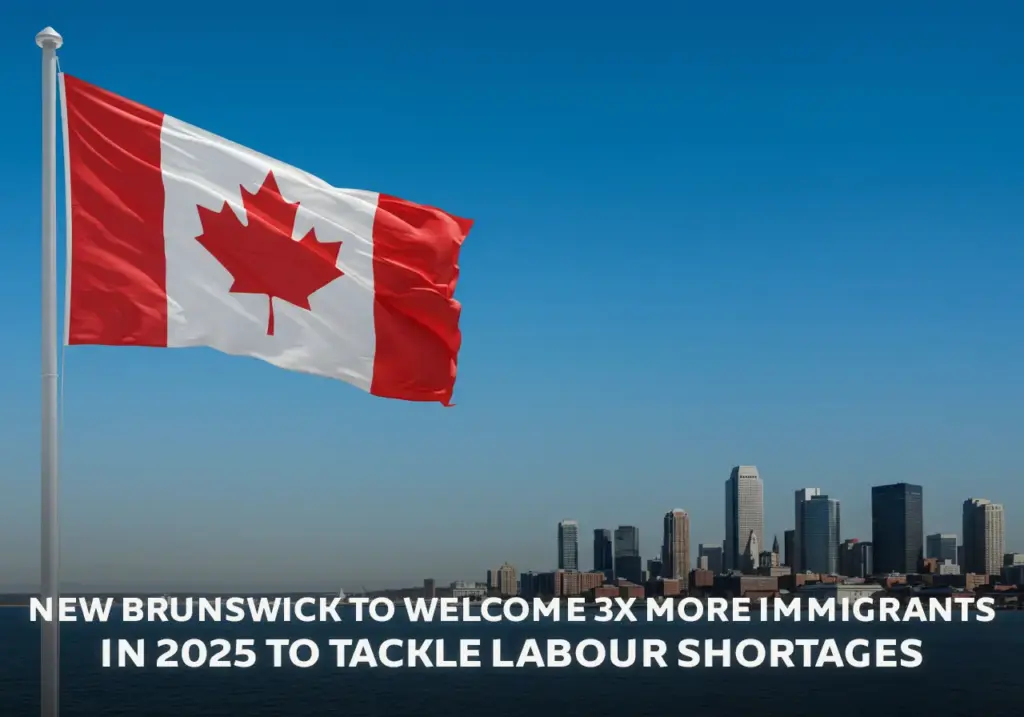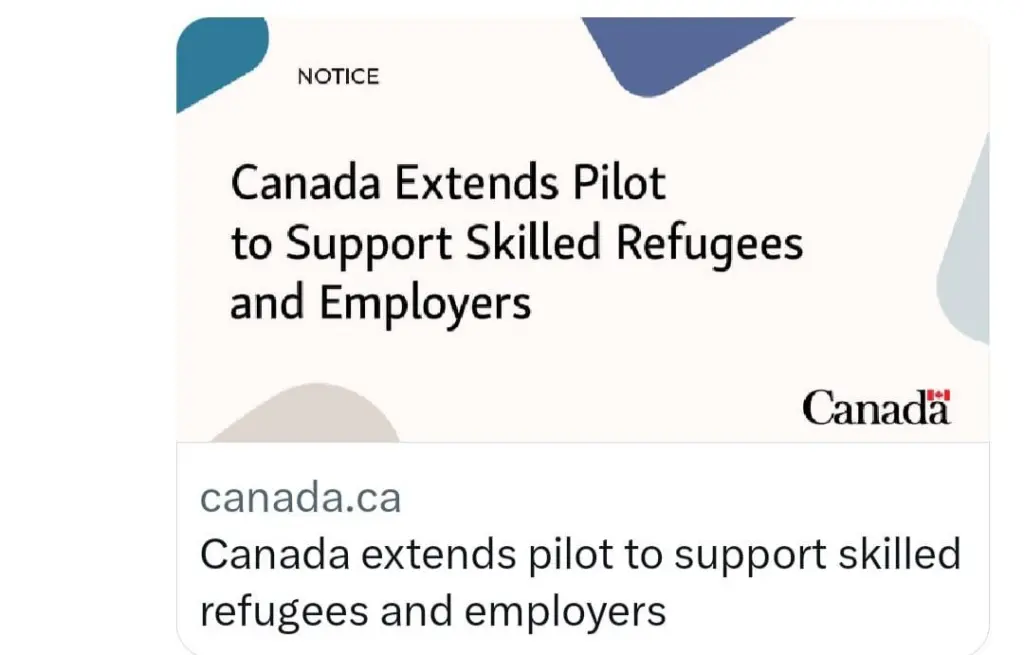Canada Plans to Welcome 30,000 Immigrants to Target the Farmer Shortage in Canada
Within the next ten years, 40% of farmers in Canada are expected to head to retirement, and 66% of them do not have a succession plan after retirement. For that exact reason, Canada is planning to cover the Farmer Shortage that would happen by welcoming 30,000 new immigrants in the field of agriculture.
In order to combat the looming farmer shortage in Canada, it is essential to update Canada’s immigration programs to allow 30,000 new immigrants with a focus on the agriculture industry.

Meanwhile, the agriculture industry is projected to experience a decrease of 24,000 employees who are involved in farming, nursery, and greenhouse operations, which will mainly result in an outstanding farmer shortage in Canada.
According to the recent RBC report, a federal system should be established to allow temporary foreign workers with experience to gain permanent residency status. At the same time, the report suggests the Temporary Foreign Worker Program only.
Find out if you are eligible to get in Canada →
Farmer Shortage Causes in Canada
A recent report by RBC has revealed that a significant factor in the farmer shortage in Canada is the lack of proper succession planning.
It is estimated that 40 percent of Canadian farmers will retire within the next decade, and an alarming 66 percent do not have a succession plan.
Outcomes of Farmer Shortage in Canada
Heather Bruce, chair of the Department of Agriculture Food Nutritional Science at the University of Alberta, believes that the predicted labour crisis could lead to Canadians spending more on groceries.
Bruce pointed to the COVID-19 pandemic as an example of what could happen in the future, with meat processing slowdowns, ingredient shortages, food insecurity, price hikes, and empty shelves at retail stores.
She highlighted the importance of Canada’s immigration policies in regard to food security and the success of the country’s food businesses. Not only do these policies help with the supply of food, but they also help to keep prices reasonable.
Immigration pilot program for the agriculture sector to help farmers get in Canada
In 2020, the Canadian government launched a pilot program to provide a pathway to permanent residency for experienced non-seasonal agricultural workers.
This program was designed to accommodate up to 2,750 individuals and is expected to end in May 2023. Still, the government is currently working on the possibility of extending its expiration date further more to fill the shortage of farmers.
The spokesperson also stated that granting PRs for immigrants was not the solution to cover the labour shortage because the new immigrants would only remain in the industry if it provided them with competitive wages, good working conditions, and long-term prospects for them and their families.
The report also suggests that Canada should look to farmers from countries such as the Netherlands and New Zealand who may be forced to reduce their operations or close if they cannot meet the strict climate change regulations on emissions.
And as of February 2023, the government has reported that over 1,500 individuals have already been accepted to the program.
Best Solutions for Farmer Shortage in Canada
Better Support for new immigrants
Experienced farmers who immigrate to Canada face many obstacles and challenges; one of the most is the high price of farmlands, which has increased by 20% in the past five years.
Farmers say that the best kind of support they could ever get is to receive in-advance information regarding renting machines to selling products.
Investing in Tech and people
The report also mentions that Farmers must invest in technology and automated operations in order to make the farm more efficient. Still, they will definitely need working hands in weed scouting and seed timing.
New immigrants always need support from the local communities and the government to cope with the new environment they have moved to. And Canada is seeking to give all the support newcomers need when they get in Canada.











